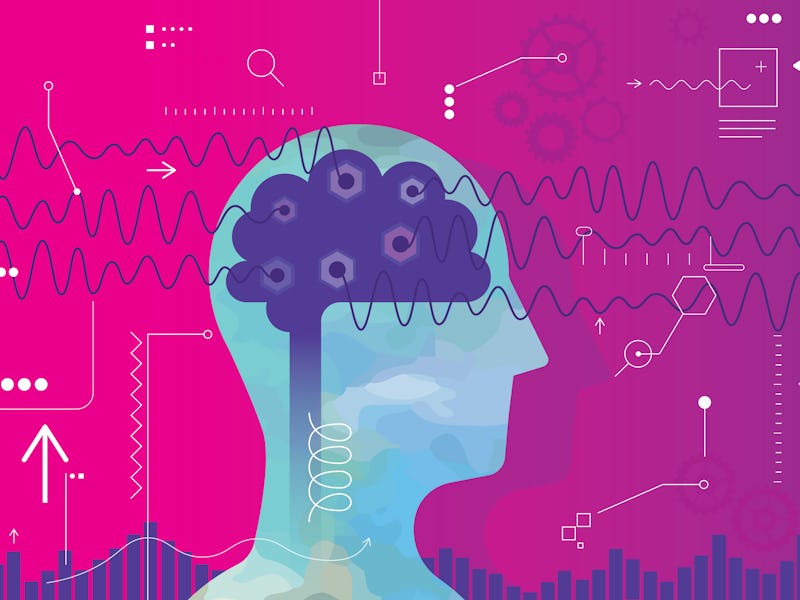Emotions and the immune system: Why the two are crucially connected
Want to strengthen your immune system? Consider your feelings.

If you want to protect your immune system, a growing body of research suggests you should consider your emotions. These studies position mental health as not simply a matter of managing thoughts and feelings, but rather, an important part of your overall health. As the pandemic continues, it will be important to consider these two aspects of wellness as you ready yourself for the weeks to come.
A working immune system protects the body against infections. Immune cells, which circulate through the body and in tissues, can tell the difference between healthy cells and unhealthy cells. If it encounters a pathogen, like a virus, it mounts an immune response and attacks.
The field of psychoneuroimmunology examines how the brain, endocrine, and immune systems communicate, and how this communication subsequently impacts health. It’s a growing field that’s beginning to shed light on how negative and positive moods affect immune function, disease, and mortality.
It aims to explain, for example, why chronically stressed teens have more inflammation or why HIV positive men, when coached to practice skills that help them experience positive emotions, in turn, have less HIV in their blood.
Fulvio D’Acquisto is a professor of immunology at the University of Roehampton who studies the link between emotions and immunity. He argues for the establishment of a more specific branch of study off of psychoneuroimmunology called affective immunology.
The difference, D'Acquisto tells Inverse, comes down to the difference between emotions and affects and mood. Emotions, D’Acquisto reasons, start and finish within a specific time frame. (You laugh or cry for a few minutes, not for a week.) These experiences, in turn, still affect the body, even if they aren’t chronic.
“When one feels an emotion, the immune system immediately registers the changes and adjusts to it,” D’Acquisto says. “This means that if we are laughing, we have an immediate change in immune cell numbers in blood and in their functions — as is the case if we are angry or crying.”
“For every change in the way we feel or live, there is a ‘mirror correspondence’ in the immune system.”
"As some people like the seaside and others the mountains, everyone should test and see what makes them feel better in a unique and personalized way."
These temporary changes in feelings are important to the immune system because their cumulative effects (whether those be negative or positive) in a day or in a week determine how we deal with daily immune challenges, D’Acquisto says. A classic example of this is the stress of cramming for a big test or project. The positive side of this stress is that it keeps us healthy during crunch time. The negative side is that, when it’s all over, we often get sick.
“The immune system goes on holiday, too, and we become vulnerable to infections that are always there,” D’Acquisto explains.
Affective immunology is also based on the idea that perhaps psychological therapies can work in tangent with pharmacological therapies to treat immune diseases. This idea still needs to be tested.
It’s an exciting field with potential — and gaps in research. D’Acquisto, who is also qualified to be a psychotherapist, thinks “there’s a great deal of science in the field of mental well-being and the immune system that is completely unexplored.”
But recent work, he says, is shedding light. For example, in his own lab, experiments on mice show that different emotional states can induce different changes in genes and outcomes in the immune system.
In turn, D’Acquisto says there “are definitely things that can be done to help your immune and emotional systems in one go.” However, he doesn’t advocate for a blanketed approach. Everyone has to find their own way to wellness — or homeostasis, as it’s called in immunological terms.
“Everyone should make an effort to understand and to ‘tune in’ to what is best for them and stay away from ‘one-measure fits all’ remedies,” D’Acquisto says. “As some people like the seaside and others the mountains, everyone should test and see what makes them feel better in a unique and personalized way.”